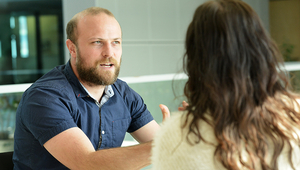Archive News
March 29, 2017
March 23, 2017
March 22, 2017
March 21, 2017
March 14, 2017
March 9, 2017
March 2, 2017











